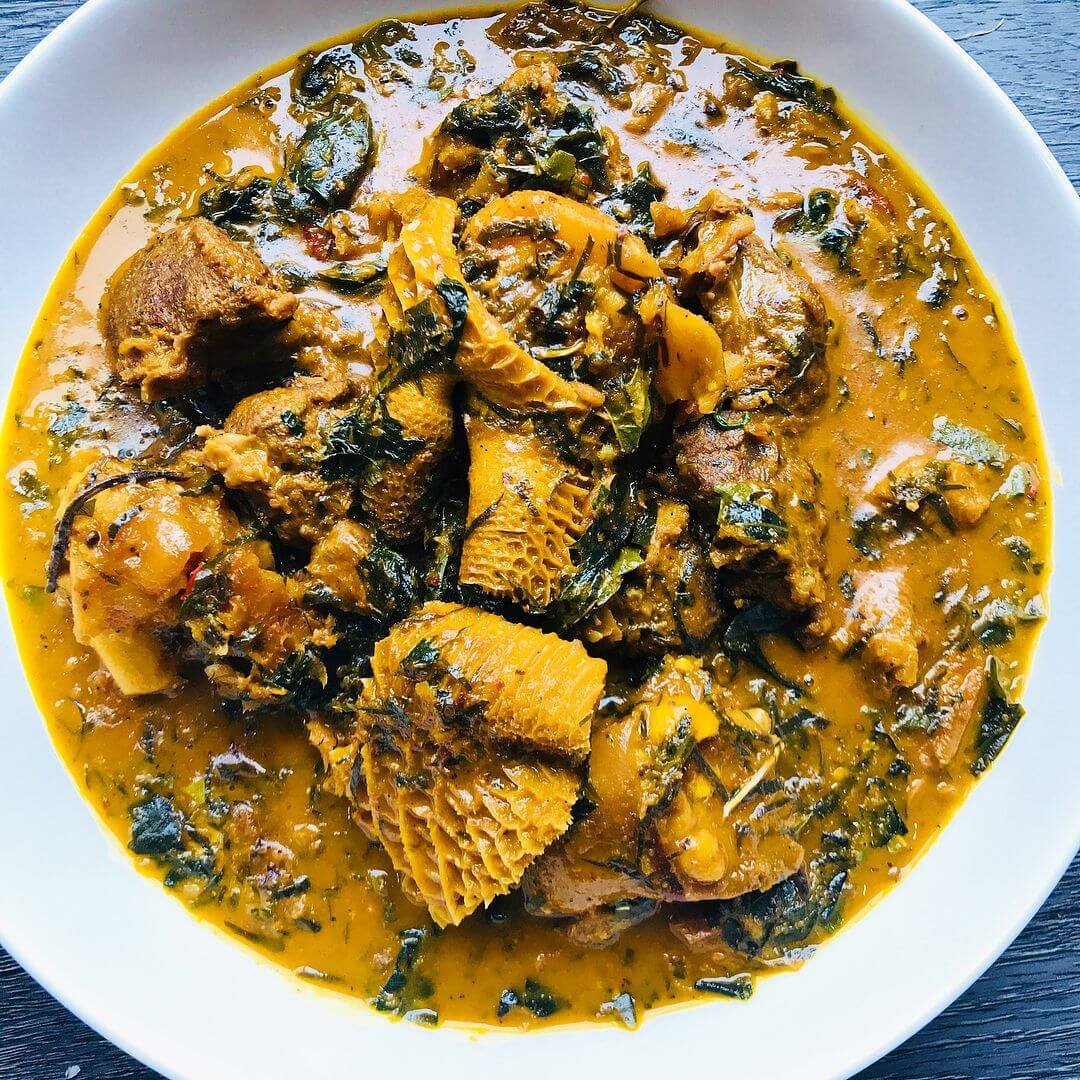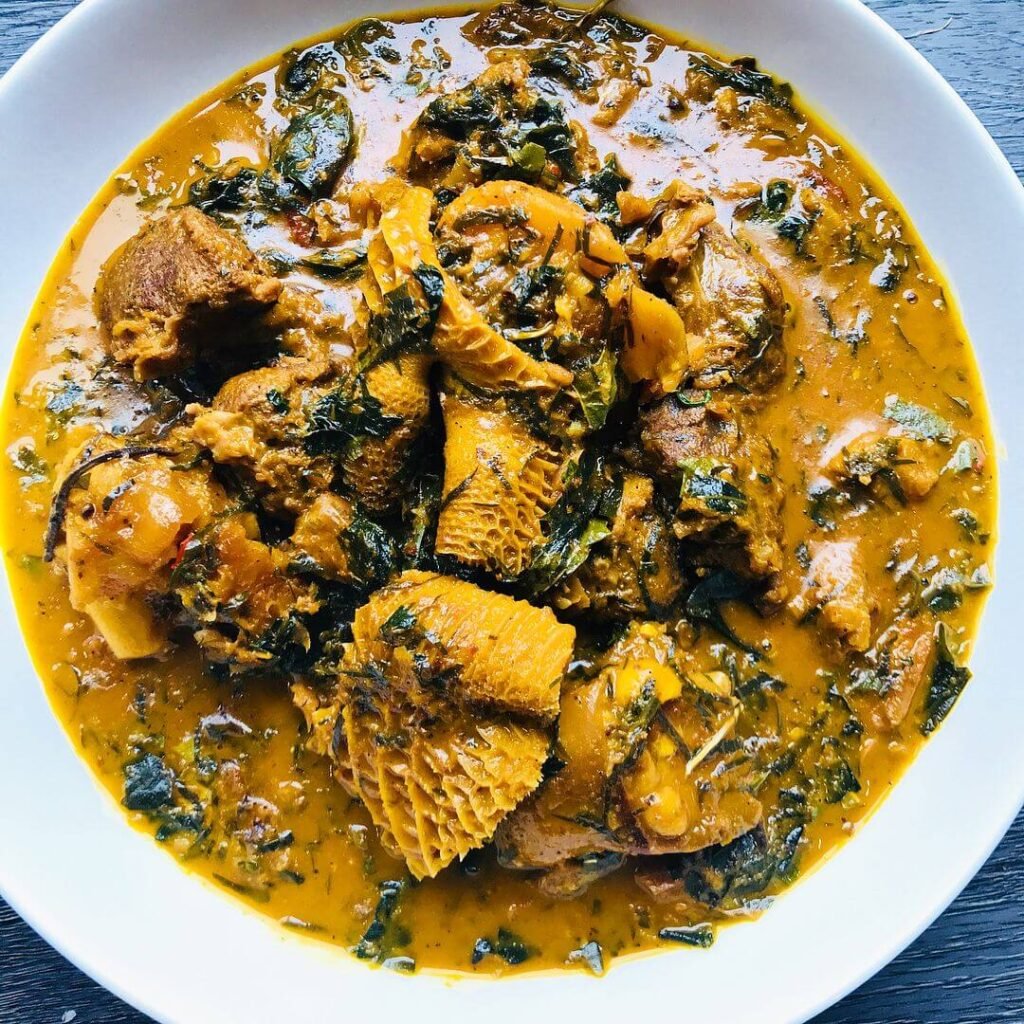Overview of Panla Fish (Eja Kika)
Panla fish, commonly referred to as Eja Kika in Nigeria, holds a prominent place in the culinary landscape of the country. This fish is native to the warm waters of West Africa, particularly along the Nigerian coastline, where it thrives in brackish environments. Its popularity stems not only from its abundance but also from its unique flavor profile and versatility in various dishes.
Characterized by its slim, round shape, Panla fish is well-suited for drying, which is a traditional method of preservation in many Nigerian households. The drying process concentrates the flavors, resulting in a product that forms the backbone of numerous traditional recipes. Its firm texture allows it to absorb seasonings and marinades effectively, making it a favorite among cooks who appreciate its ability to enhance the taste of a dish.
In Nigerian cuisine, Panla fish is often used in soups, stews, and rice dishes, where it contributes both to nutritional value and to the overall richness of the meal. Its distinct assertive flavor pairs well with local staples such as yam, beans, and various grains, making it a highly sought-after ingredient in regional markets. Moreover, the cultural significance of Panla fish extends beyond nutrition, as it is frequently featured in ceremonies and communal gatherings, underscoring its role in fostering social bonds.
As a staple, Panla fish not only nourishes families across Nigeria but also supports local economies through its commercial value in both fresh and dried forms. The fish’s popularity propels demand which, in turn, sustains fishermen and vendor livelihoods, showcasing the intricate relationship between food, culture, and economics in Nigeria. This overview sets the stage for a deeper exploration of its culinary uses and benefits.
Health Benefits of Panla Fish
Panla fish, widely enjoyed in Nigerian cuisine, offers a range of health benefits that can enhance one’s nutritional profile. Known for its low-fat and low-calorie content, Panla fish is an excellent option for those seeking to maintain or lose weight while enjoying flavorful meals. By substituting higher-calorie proteins with Panla fish, individuals can savor delicious dishes without compromising their dietary goals.
One of the key advantages of Panla fish is its high-value protein content. Protein is an essential macronutrient that plays a significant role in muscle development, tissue repair, and overall metabolism. Incorporating Panla fish into regular meals allows individuals to meet their protein requirements effectively, supporting a balanced and healthy diet.
In addition to its protein content, Panla fish is rich in various essential vitamins and minerals that are crucial for maintaining optimal health. For instance, it is a good source of B vitamins, particularly B12, which supports energy production and aids in the formation of red blood cells. Furthermore, the presence of healthy omega-3 fatty acids in Panla fish contributes to cardiovascular health by promoting good cholesterol levels and reducing inflammation.
The inclusion of Panla fish in meals enhances not only the nutritional value but also the palatability of dishes. Its unique flavor complements a variety of ingredients, making it versatile and easy to incorporate into different recipes. Additionally, consuming a diverse range of foods, including Panla fish, is important for achieving a balanced diet and ensuring that all nutritional needs are met.
In conclusion, incorporating Panla fish into one’s diet provides a tasty solution for those looking to improve their health. With its low-calorie, high-protein profile and rich array of vitamins and minerals, Panla fish is undoubtedly a valuable addition to the Nigerian kitchen.
Culinary Uses of Deboned Panla Fish
Deboned Panla fish is a versatile ingredient that has found its way into numerous traditional Nigerian dishes. Its rich flavor and ease of preparation make it a favorite among both experienced chefs and home cooks. One key advantage of using deboned Panla fish is its ability to enhance the taste of various meals while significantly reducing preparation time, which is particularly appealing for those with busy schedules.
One popular dish that incorporates deboned Panla fish is beans porridge. The fish adds a delightful umami quality to the porridge, making it not only more nourishing but also exceptionally tasty. Another favorite is egusi soup, where the fish complements the nutty flavor of the ground melon seeds, creating a well-balanced and satisfying meal. Similarly, in ogbono soup, deboned Panla fish serves as a rich source of protein, harmonizing with the unique texture of the dish.
In the realm of sauces, ayamase sauce and ofada sauce both benefit from the addition of deboned Panla fish. The fish infuses these sauces with a savory depth that pairs beautifully with rice and various side dishes. Furthermore, it is often utilized in traditional stews, where it contributes to a rich and flavorful base.
For rice dishes, oil rice presents the perfect opportunity to incorporate deboned Panla fish, enhancing not only the nutritional value but also the overall taste profile. Efo-riro, a classic vegetable soup, and afang okro soup are also excellent candidates for this delectable fish. In both cases, the addition of deboned Panla fish creates a harmonious blend of flavors while maintaining the authenticity of the Nigerian culinary experience.
Overall, the inclusion of deboned Panla fish in these recipes not only simplifies meal preparation but also ensures that busy chefs can enjoy a delicious, protein-rich meal without extensive cooking time.
Cooking Made Easy with Panla Fish
One of the most appealing aspects of cooking with Panla fish is its convenience, particularly when it comes to the preparation. Deboned Panla fish eliminates the time-consuming process typically associated with fish preparation, allowing cooks to focus more on creating delicious meals. By purchasing pre-prepared Panla fish, individuals can skip the often tedious tasks of head and bone removal, making it an efficient choice for busy kitchens.
This time-saving benefit is particularly useful for those balancing multiple responsibilities. The availability of deboned fish means that less time is spent on preparation, and more time can be dedicated to enhancing flavors, experimenting with recipes, or even spending quality time with family while cooking. Reduced prep time allows novice cooks to confidently engage with traditional Nigerian recipes that incorporate Panla fish without the intimidation of handling raw fish and its components.
Moreover, deboned Panla fish ensures there is virtually no waste, which is an essential consideration for sensible cooking practices. Each pack typically contains premium-quality fish, guaranteeing that every satisfied bite delivers the anticipated health benefits and remarkable taste. This practicality encourages both home cooks and professional chefs to incorporate Panla fish into a variety of dishes such as soups, stews, or even grilled offerings, thus expanding culinary creativity.
The versatility of deboned Panla fish caters to a multitude of dietary preferences and cooking styles, making it a staple in every Nigerian kitchen. As it marries convenience with taste, purchasing deboned Panla fish can significantly enhance the cooking experience, turning routine meals into delightful dining occasions. In essence, utilizing deboned Panla fish streamlines the cooking process while ensuring that every dish remains nutritious and flavorful.





